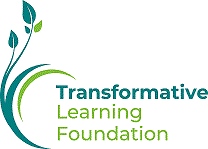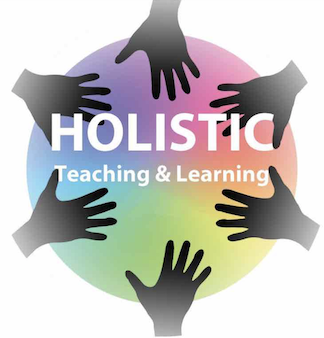Re-thinking Schools, Re-thinking Metaphors
A dialogue from Fielding Graduate University's Doctoral class, Rethinking Schools
Keywords:
rethinking schools, metaphors, Indigenous educationAbstract
This article is a transcript from a doctoral class at Fielding Graduate University’s Leadership for Change program in a class called “Rethinking Schools.” In this session, the students explore the central metaphors and core tenets that undergird our educational paradigms and try to come up with their own pedagogy based on their own unique skills and knowledge. Through dialogue, they move from a mechanistic and linear model to one rooted in circles and spirals and eventually to the ecological and agricultural metaphor of the corn plant.





